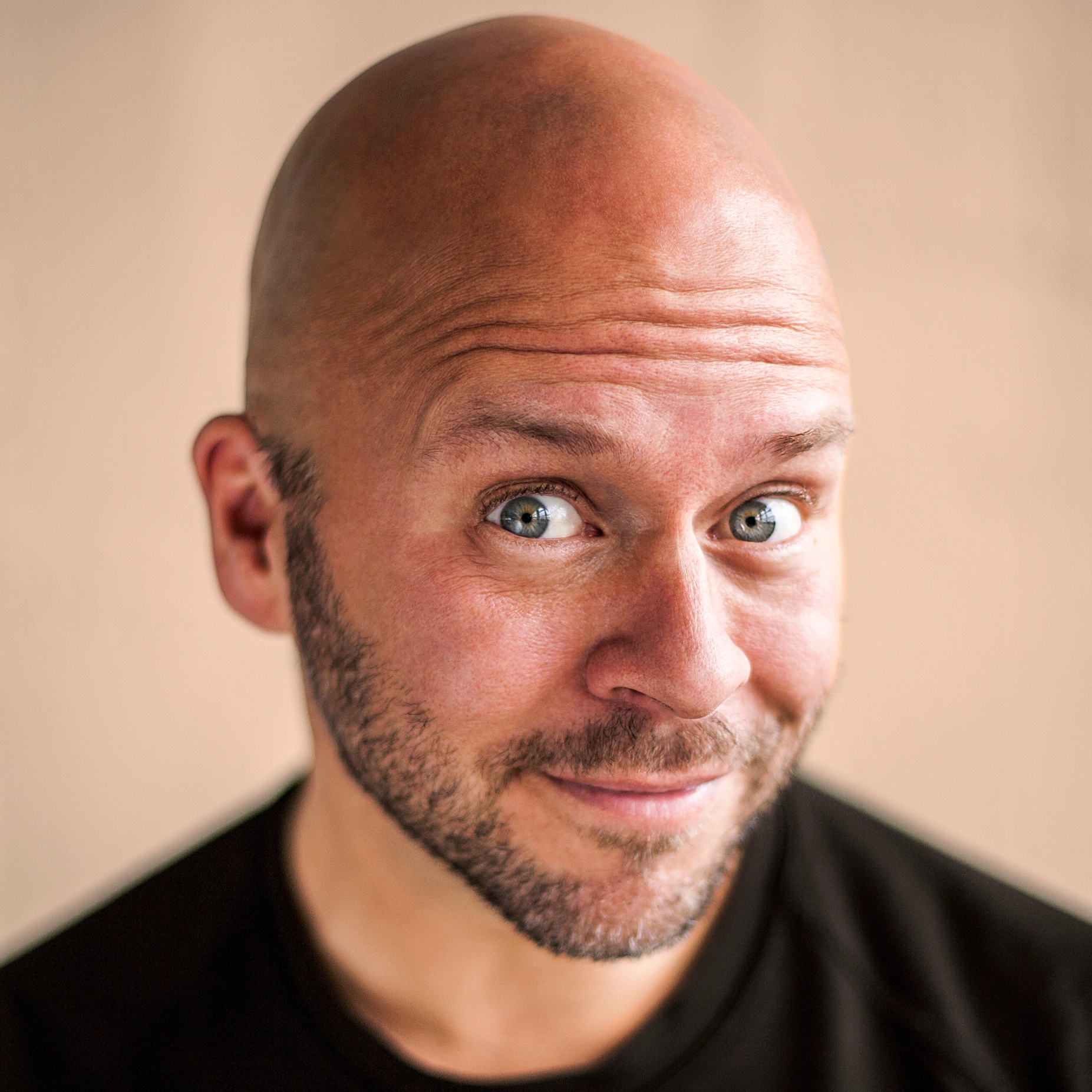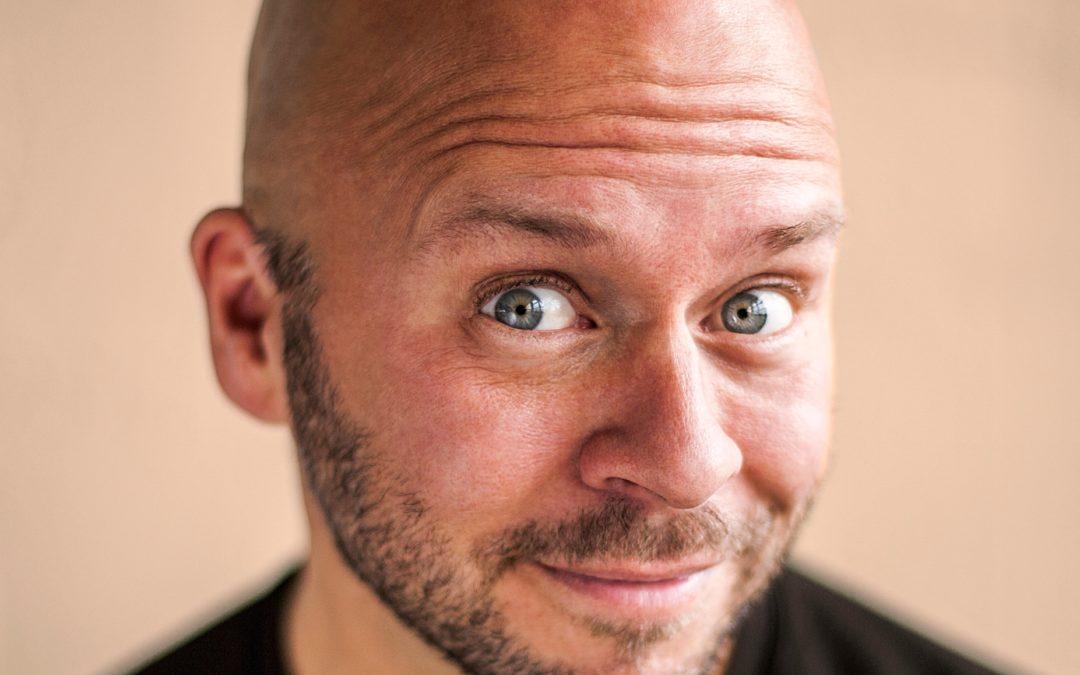
S2-EP13: Derek Sivers on Slow Thinking, Connecting, and Intentional Living
Debbie Weil
Derek Sivers on Slow Thinking, Connecting, and Intentional Living
Listen on
SUMMARY
Host Debbie Weil enjoys a wide-ranging conversation with online legend Derek Sivers. Known by many as the creator of CD Baby, Sivers has been living a minimalist lifestyle since he sold the company in 2008 for $22 million. Derek has, in his words, optimized his life for learning and creating. He focuses on writing and, most important, he concentrates on one thing at a time. This is an illuminating conversation with an original thinker and an inspiring minimalist.
EPISODE NOTES
In this episode host Debbie Weil has a wide-ranging conversation with online legend Derek Sivers. Debbie has been following Derek’s work for close to a decade and was thrilled when he agreed to come on the show. They focus on one of his current obsessions – slow thinking and slow living – but they also talk about much more.
According to his About page, Derek has been a musician, a producer, a circus performer, an entrepreneur, a TED speaker and a book publisher. You might know him for, as he puts it, “accidentally” creating CD Baby, an online CD store that grew to represent 150,000 independent musicians. (It started as a personal project to sell his own music.) He sold CD Baby in 2008 for $22 million, with the money going into a charitable trust he set up for music education. After that, he moved to New York, to Singapore and then to New Zealand where he became a mostly-full-time Dad and took a sabbatical for about four years. A year ago he moved to England.
Since 2008 Derek, now 50, has, in his words, optimized his life for learning and creating. He focuses on writing (he has written a number of books, including Anything You Want) and on programming, and, most important, he tackles one thing at a time. Tim Ferriss calls him a philosopher-king programmer and a master teacher. He has developed a philosophy of life – and a way of living – that is based on minimalism. He is very deliberate with how he uses his time, typing for hours a day on a seven-year-old clunky laptop. He spends a lot of time alone. But he also spends long stretches with his now 8-year-old son and connects via email and phone with friends and acquaintances around the globe.
He invites anyone listening to this episode to please get in touch. He loves getting to know people. Go to sivers.org/contact to send him a message introducing yourself.
His website, sivers.org is minimalist (there’s not one extra line of code) but it’s a treasure trove of content: hundreds if not thousands of blog posts, his reviews of over 250 books, FAQs (he gets lots of questions about his lifestyle), his podcast (the audio version of his blog), and more.
In the past few weeks, as the Coronavirus pandemic has swept the world, we’ve all been forced to change, to adapt, and to reinvent. In this episode Derek shares with us how to cultivate slow thinking in a fast-paced and uncertain world, what slow thinking means and why it’s important, and how he handles the daily and hourly onslaught of news.
He and Debbie talk about the task he set himself of answering 6,800 emails. (A project he has completed since their conversation.) He got those in response to a very short email he sent out recently to the 50,000 people on his email list. The subject line was so simple but it was relevant. It said, “Debbie – are you okay?” In the body of the message he wrote: “I care and I’m really asking.” (Debbie wrote back and invited him to come on the show.)
Derek is a breath of fresh air right now. He’s no bullshit. He’s wise. He’s eloquent. Debbie loves his very clear diction and wishes they had continued their conversation for another half hour. As soon as she stopped the recording, Derek said, “Oh! I thought we were going to talk for another 30 minutes.” Well, that was Debbie’s mistake. We all could have benefited from another 30 minutes with Derek Sivers.
Mentioned in this episode or useful resources:
- sivers.org
- sivers.org/about
- sivers.com/contact
- Derek’s TED talks
- Anything You Want: 40 Lessons for a New Kind of Entrepreneur by Derek Sivers (Portfolio, 2015)
- Derek interviewed by Tim Ferriss (2015)
- Tony Robbins coaching
A selection of blog posts that Derek recommends:
- sivers.org/soso (excerpt from his book Hell Yeah or No)
- sivers.org/eml
- sivers.com/polut
- sivers.com/gofear
- sivers.com/daydream
- sivers.org/autom
- sivers.org/metac
- sivers.org/hf
- sivers.org/dq
- sivers.org/dw
Support this podcast:
- Leave a review on iTunes
- Subscribe via Apple Podcasts, Google Podcasts, Stitcher or Spotify
- Interested in sponsoring this podcast? We have an avid audience of midlife, and older, listeners. Contact Debbie Weil.
Credits:
- Host: Debbie Weil
- Producer: Far Out Media
- Music: Lakeside Path By Duck Lake
Connect with us:
- Email: thegapyearpodcast@gmail.com
- Twitter: @debbieweil
- Insta: @debbieweil
- Debbie and Sam's blog: Gap Year After Sixty
Thanks to our media partners
 Encore.org, our newest media partner, is an ideas and innovation hub tapping the talent of those 50+ as a force for good. Founder and CEO Marc Freedman is an award-winning social entrepreneur and author, most recently, of How to Live Forever: The Enduring Power of Connecting the Generations. Looking for a great gap-year transition program? Check out Encore Fellowships, which match skilled, seasoned professionals with social-sector organizations in high-impact, paid assignments.
Encore.org, our newest media partner, is an ideas and innovation hub tapping the talent of those 50+ as a force for good. Founder and CEO Marc Freedman is an award-winning social entrepreneur and author, most recently, of How to Live Forever: The Enduring Power of Connecting the Generations. Looking for a great gap-year transition program? Check out Encore Fellowships, which match skilled, seasoned professionals with social-sector organizations in high-impact, paid assignments.

Modern Elder Academy is a program dedicated to navigating mid-life transitions. MEA, based in Baja California, Mexico, provides the place and the tools to start reframing your lifetime of experience. Grow whole, not old. Founder Chip Conley is a New York Times bestselling author, award-winning hospitality entrepreneur and a rock star of the mid-life transition movement. His newest book is Wisdom @ Work: the Making of a Modern Elder.
 Next For Me is an important new resource for the 50+ crowd focused on rewriting life. Taking a gap year or timeout may be the best way to figure out "what's next" when you're in this stage of life. Founder Jeff Tidwell explains, Next For Me "connects and inspires our generation to evolve our post-50 lives through new work, a new purpose, or a new social contribution."
Next For Me is an important new resource for the 50+ crowd focused on rewriting life. Taking a gap year or timeout may be the best way to figure out "what's next" when you're in this stage of life. Founder Jeff Tidwell explains, Next For Me "connects and inspires our generation to evolve our post-50 lives through new work, a new purpose, or a new social contribution."

